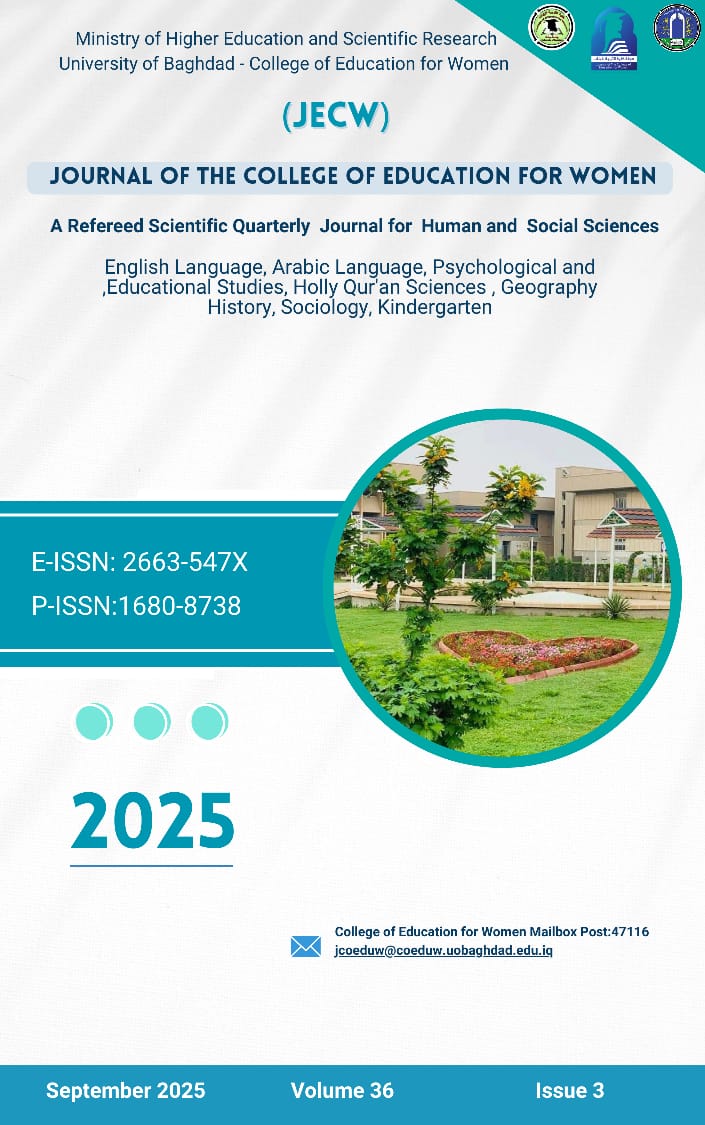A Critical Pragmatic Study of Fallacy in Religious Debates
DOI:
https://doi.org/10.36231/coedw.v36i3.1861Keywords:
Arguments, critical pragmatics, fallacy, pragmatic strategies, religious debatesAbstract
A fallacy is a kind of faulty reasoning that undermines the credibility of an argument on a logical level and paves the way for the argument to be exposed as being invalid. It is a flaw in reasoning that contravenes one or more of the five main criteria of a good argument. These criteria encompass the argument’s structure, relevance, acceptance, sufficiency, and rebuttal. It is argued that fallacies abound in debates, especially in religious ones. This paper examines this negative issue in terms of the critical pragmatic approach. It addresses the following questions: What are the types of fallacies that are made in religious debates? What are the pragmatic strategies used to convey fallacies in the data under study? This research analyzes two religious debates to answer these questions. The first is between a Muslim and an atheist figure, while the second is between a Christian and an atheist. This study utilizes Damer’s (2013) classification of fallacies as well as Searle’s theory (1976) and Grice’s Maxims (1975). A variety of conclusions have been reached. Firstly, the fallacy makers employ different types of fallacies to win the argument; they employ the fallacies of elusive normative premise, wrong reasoning, and ignoring the counter-evidence. Secondly, similar pragmatic strategies are utilized to convey fallacies in the two debates. Various speech acts appear in the data, like stating, commanding, and criticizing. In terms of rhetorical devices, the fallacy makers employ hyperbole and rhetorical questions.
Downloads
Published
Issue
Section
License
![]()
All articles published in Journal of College of Education for Women are licensed under a Creative Commons Attribution 4.0 International License.











